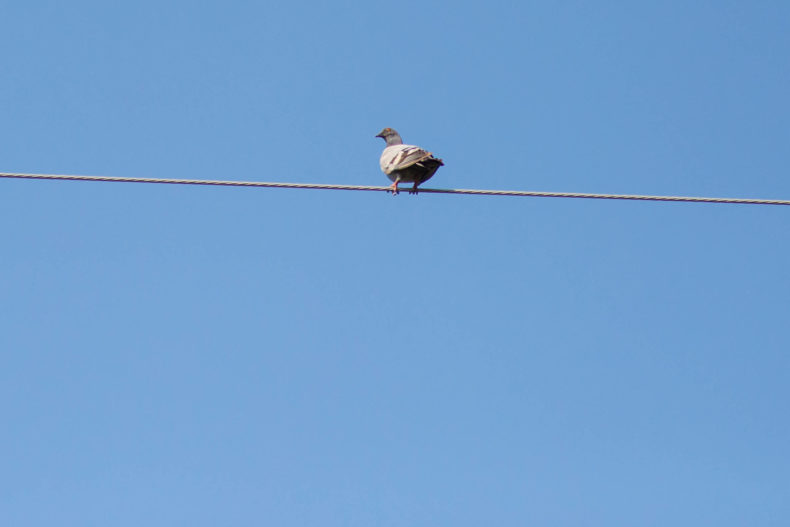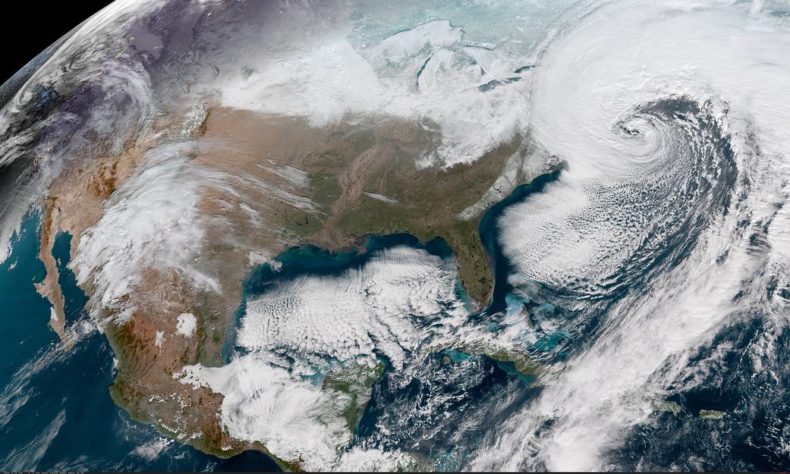 Last Friday night the Boston runway looked like an Arctic landing, bits of tarmac barely visible through sheets of blowing snow. I had a good view of the runway with the plane tipping like a seesaw, coming in on the tail of an explosive cyclogenesis, or bombogenesis, media-shortened to a bomb cyclone. This unusual storm had just devoured the East Coast and was starting to clear out, the airport only recently re-opened while still experiencing severe winds, the bay casting bergs of ice into city streets. One of the highest tides on record had flooded a Boston subway station.
Last Friday night the Boston runway looked like an Arctic landing, bits of tarmac barely visible through sheets of blowing snow. I had a good view of the runway with the plane tipping like a seesaw, coming in on the tail of an explosive cyclogenesis, or bombogenesis, media-shortened to a bomb cyclone. This unusual storm had just devoured the East Coast and was starting to clear out, the airport only recently re-opened while still experiencing severe winds, the bay casting bergs of ice into city streets. One of the highest tides on record had flooded a Boston subway station.
I’d rather have taken the storm in its teeth and arrived a day earlier because I do enjoy turbulence. Assuming we could have landed. The horrible bouncing and shudders, stomach acids in your throat, then in your feet. I like it when people around me scream, bonus if the passenger next to me grabs my arm, not wanting to die alone. Planes don’t tend to crash in storms. Weather is a factor in about a quarter of all air crashes, often only one component in a cascade of other predicaments. Planes tend to stay together, they tend to land, and most people go on happily with their lives. The roller coaster ride comes with no additional charge.
The woman next to me on the flight was pale with impending mortality. She told me she’d finally met the partner of her dreams, they were getting a house together. After a lifetime of relationship calamity, it was all finally working out, and she has a book to write. She said it helped to talk as we bucked and rolled for our landing.
I’d rather die on impact, I told her. I didn’t want to drown in an aluminum tube with 200 other people just shy of the runway. She said she didn’t care, keep talking. Continue reading
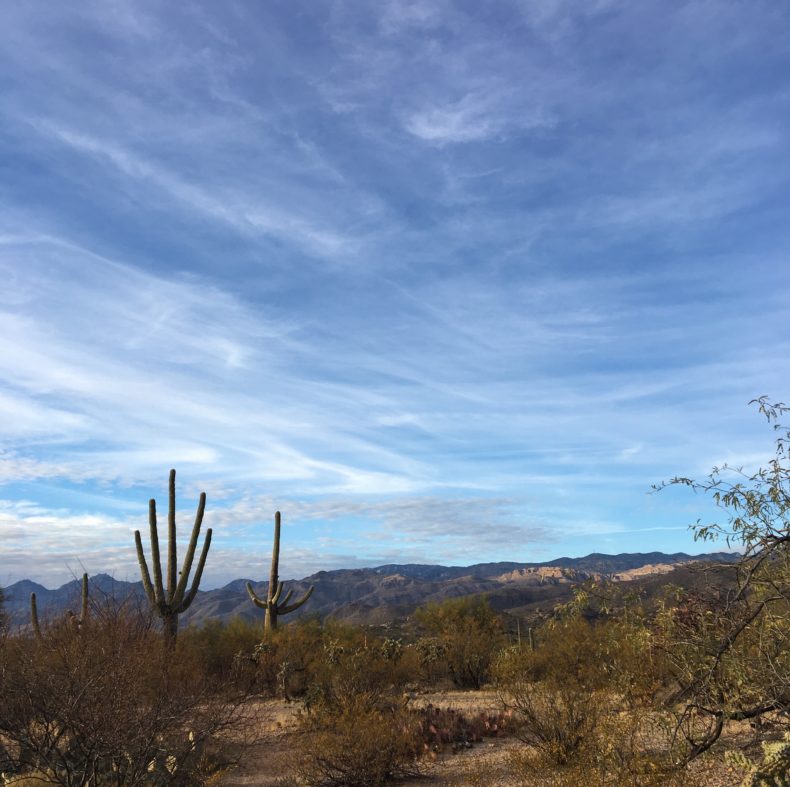
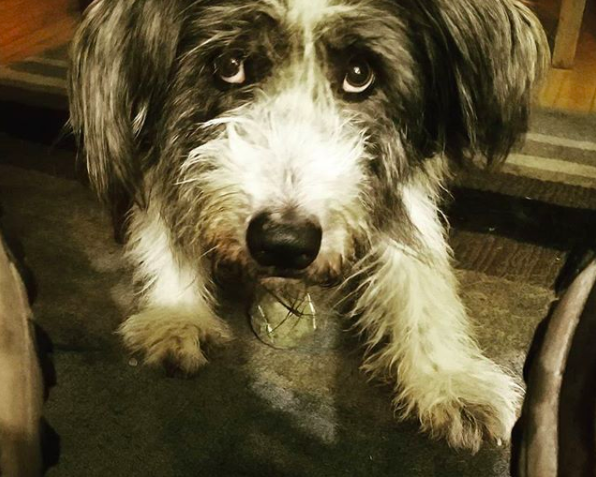
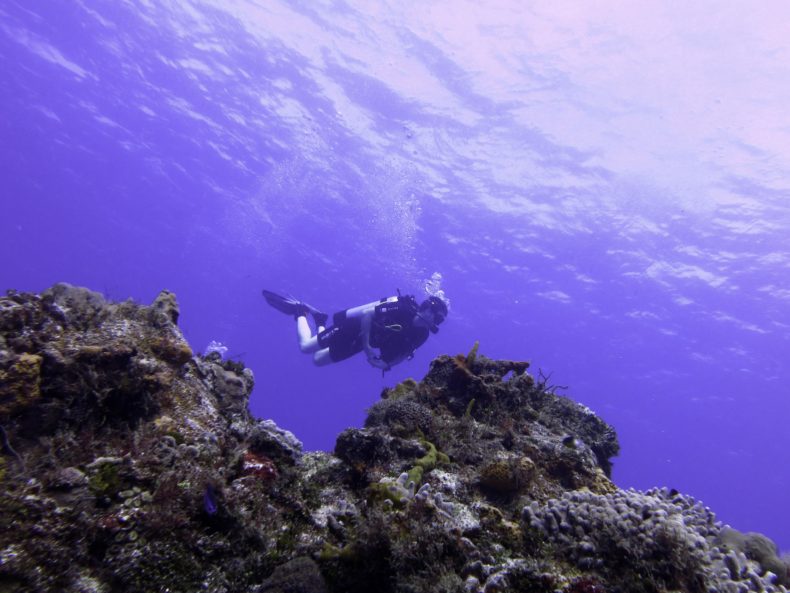
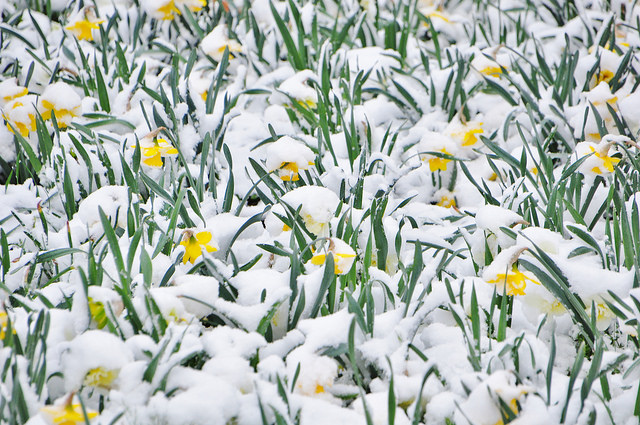

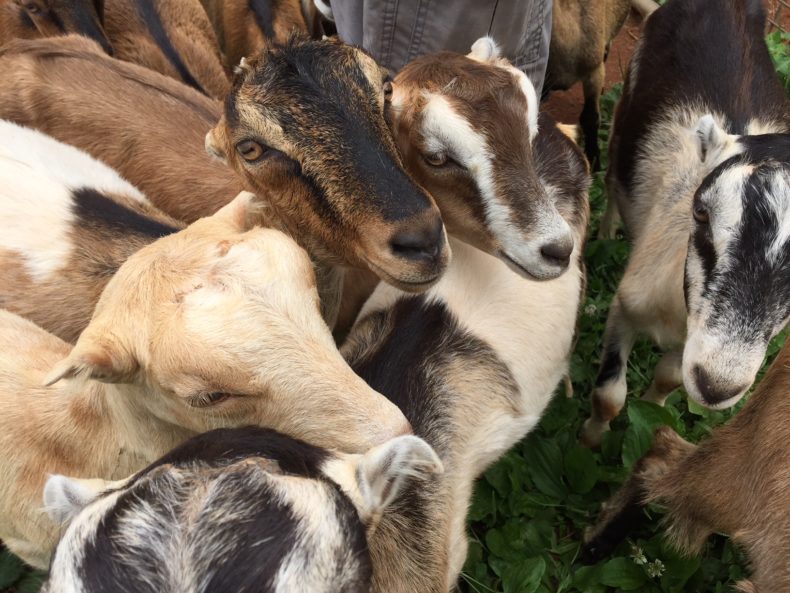 Baby, it’s cold outside! So I’m posting a little look-back at some warmer-weather fun on the farm.
Baby, it’s cold outside! So I’m posting a little look-back at some warmer-weather fun on the farm.